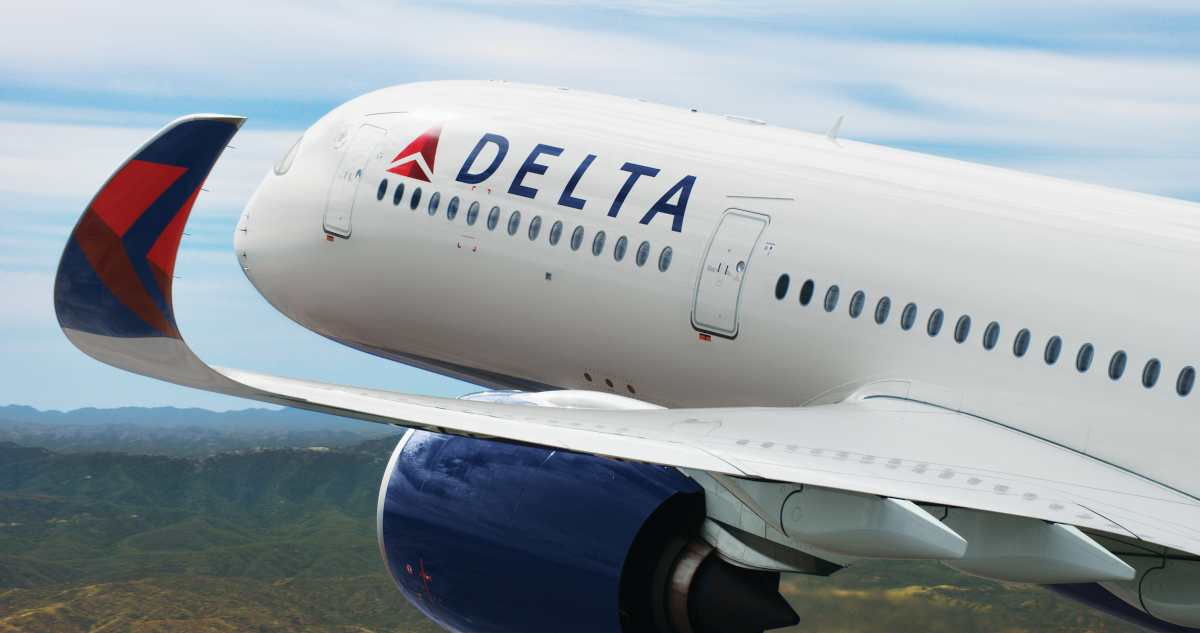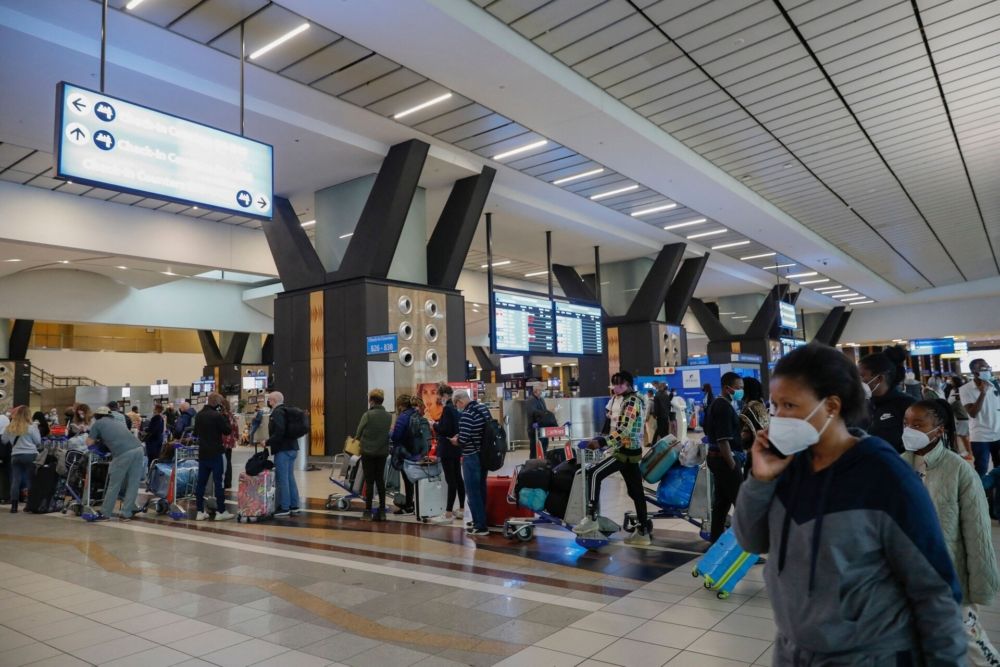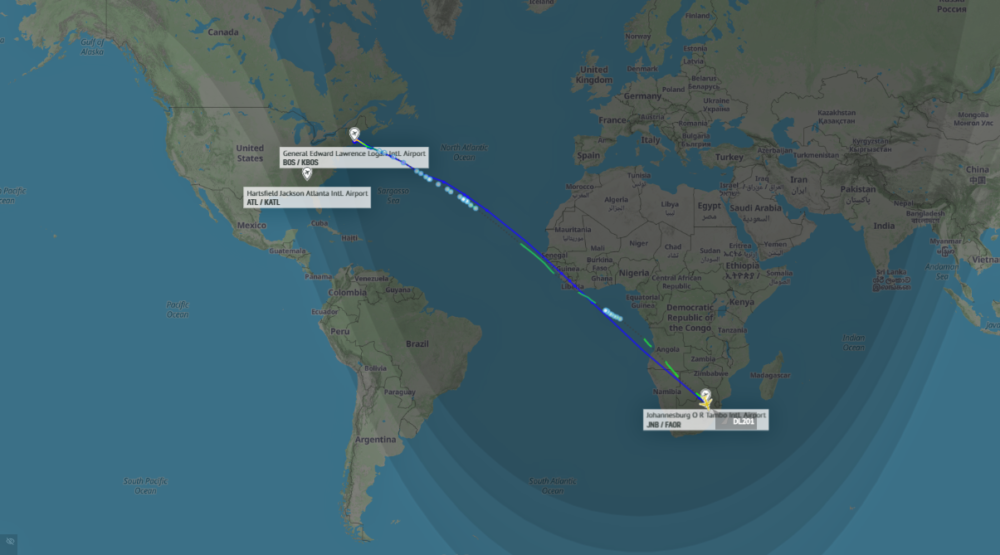Delta Air Lines diverted a flight out of Johannesburg to Boston on the weekend after problems arose with the plane's technical specifications and payload. The diversion attracted the media's attention because flights from South Africa are in the news, but Delta says the diversion has nothing to do with southern Africa's Omicron outbreak.
Delta says diversion due to technical issues & payload specifications
In the spotlight was Delta's DL201 out of Johannesburg's OR Tambo International Airport bound for Atlanta's Hartsfield–Jackson International Airport on Saturday, November 28. DL201 is Delta's three times weekly Airbus A350-900 service between the two cities.
On Saturday evening, the flight was delayed from its normal 22:55 departure time until after 01:00 the next morning. Normally it takes 16 hours and 20 minutes to fly the 8,439 mile (13,582 kilometer) sector. The flight is the longest in Delta's network.
In a statement, Delta played down the diversion. “The redirection of the flight had to do with the technical specifications of our A350 aircraft and the payload of this particular flight,” the statement reads. “This can happen on ultra-long-haul flights when optimal operating conditions can’t be met. Not COVID-related at all.”
While Omicron wasn't directly responsible for the diversion, it did have an influence. Because of Omicron, the flight was more heavily loaded than usual. The US has announced restrictions against non-citizens entering the United States from South Africa and multiple neighboring countries, but there remains no bar on US citizens boarding the flight. By all accounts, on Saturday night, plenty of them did.
Flight normally pushes the A350-900 to its operational limits
The 16 hour plus flight normally stretches the capabilities of the A350-900, and DL201 often operates with payload restrictions to counter this. The heavier than usual passenger payload consumes more fuel than usual. Also a factor in the equation are performance limitations out of Johannesburg. The airport sits 5,500 feet plus above sea level. Combine all this with some stronger than usual headwinds, and the reason for the diversion becomes clearer.
With Delta well aware the weekend flight would push the plane to its limits, Simple Flying is informally advised the diversion was decided on in advance.
Depending on the weather the aircraft expects to hit over the Atlantic, Delta normally leaves between 60 and 100 seats empty on this flight to help it make the distance.
Although Boston is further north than Atlanta, distance-wise, northeast US airports are closer to South Africa than Atlanta. Boston is 582 miles closer to Johannesburg than Atlanta. After touching down in Boston just after 09:00 on Sunday morning, the Airbus refueled and continued onto Atlanta later that morning. No passengers left the plane while it was in Boston.
Stay informed: Sign up for our daily and weekly aviation news digests.
Diversion attracts the FAA's attention
The flight has attracted the attention of the Federal Aviation Administration (FAA), who have confirmed they are investigating the diversion. While the FAA's interest in the diversion is raising eyebrows, it's likely a case of the safety regulator simply verifying the airline didn't break any rules operating the flight.
For Delta's part, while the US restrictions on passengers flying from South Africa are only temporary, the fast-evolving Omicron situation may see that change. Airlines are keen to fly out as many passengers as possible before the situation potentially further deteriorates and tougher restrictions and possible flight bans come about.



